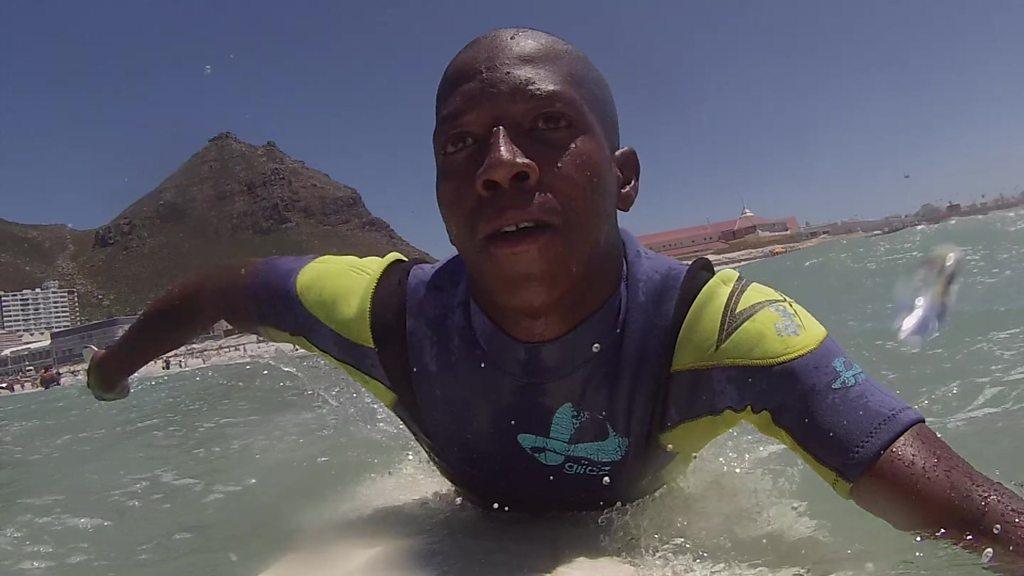My great-granddad, Nelson Mandela, would be 'unhappy' with 2020 South Africa
- Published
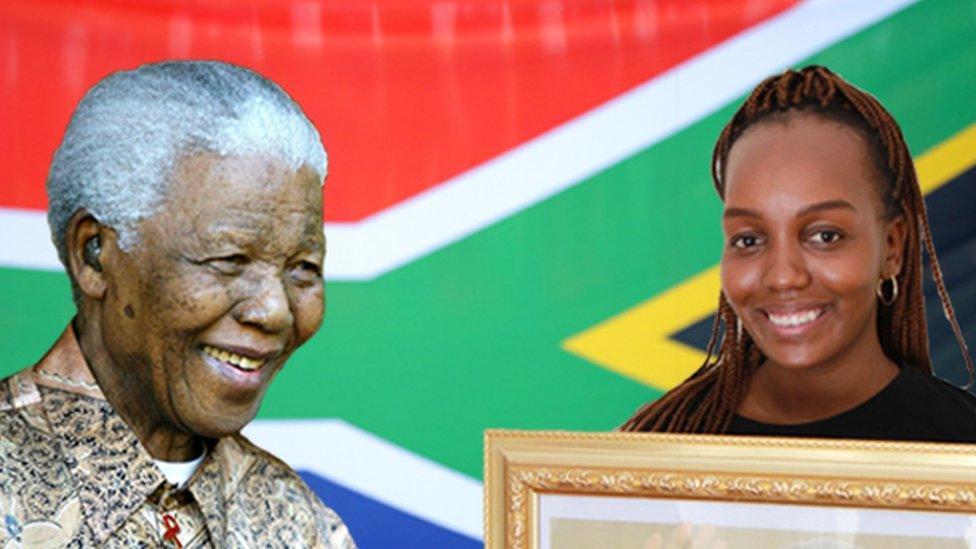
"It was the moment I realised 'wow ... my great-granddad was Nelson Mandela'!"
Pumla Mandela is recalling the day, in 2013, when she read a poem at her great-grandfather's memorial service.
The former South African president is - for most of the world - a symbol of triumph over oppression. But for 26 year-old Pumla he was also family.
She sat down with Radio 1 Newsbeat to share memories of the man many South Africans still call Madiba, external - his clan name which has become used by the wider public as a term of endearment.
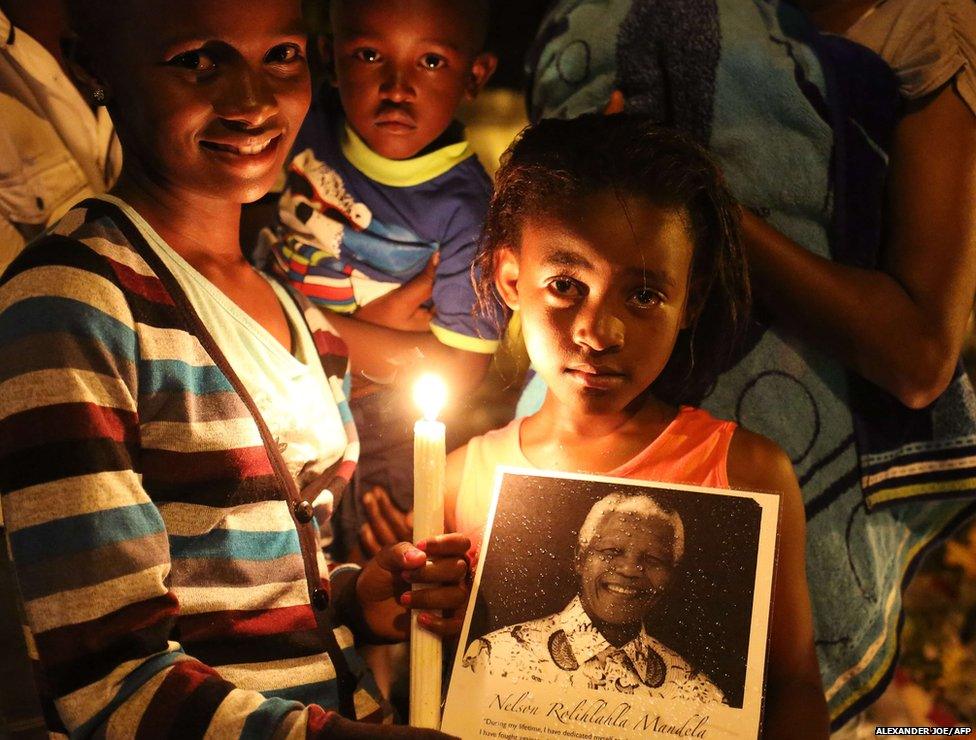
People across South Africa lit candles to mark Nelson Mandela's funeral in 2013
The poem Pumla read at the memorial said, "you are lodged in our memories, you tower over the world like a comet."
But, as you might expect, most of her lasting memories are more low key.
"He was the man who was always reading newspapers or that we'd have lunch with with.
"I'd be having conversations with my younger cousins and he'd always be silently listening and observing.
"We always thought he pretended to have hearing problems. He would pick and choose. Sometimes you'd have to speak loudly and sometimes you'd be speaking softly and he'd just input.
"He was a disciplinarian. He was very strict."
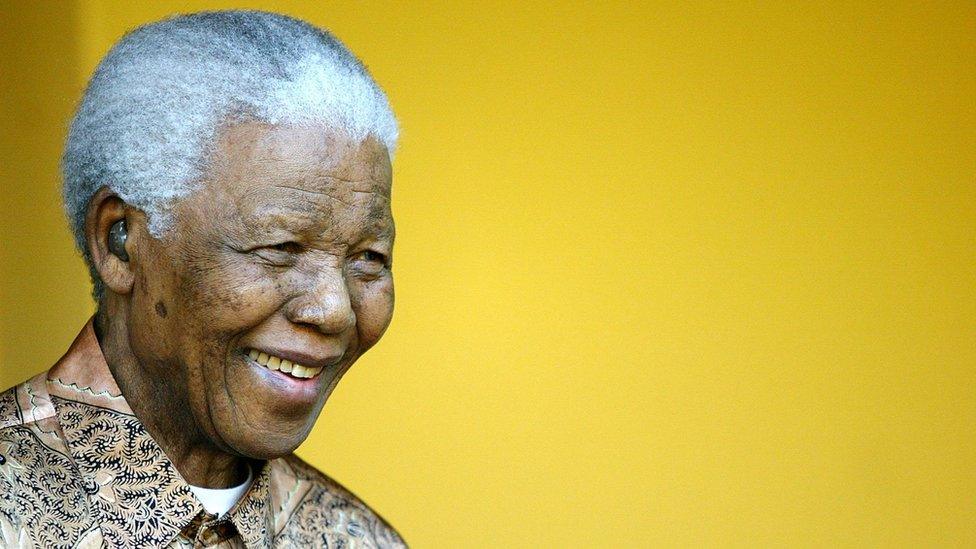
Nelson Mandela spent 27 years in prison
Nelson Mandela spent 27 years in prison for fighting for better rights for black people in South Africa. The apartheid system in place at the time meant they were denied many of the rights granted to the white minority there.
The law ended as he became the country's first black president.
His family tree is extensive - Pumla says she doesn't "have enough fingers" to count his great-grandchildren now.
But she still gets plenty of questions: "People would always want to know what it was like to have this great man as my grandfather."
It's 30 years next month since Nelson Mandela was released from prison - he became president in 1994.
But, today, South Africa still has more than its fair share of issues.
A higher proportion of black South Africans have historically lived in poverty compared with Asian and white South Africans.
In 2015, nine out of 10 people living in poverty were black.
It also has one of the highest murder rates in the world.
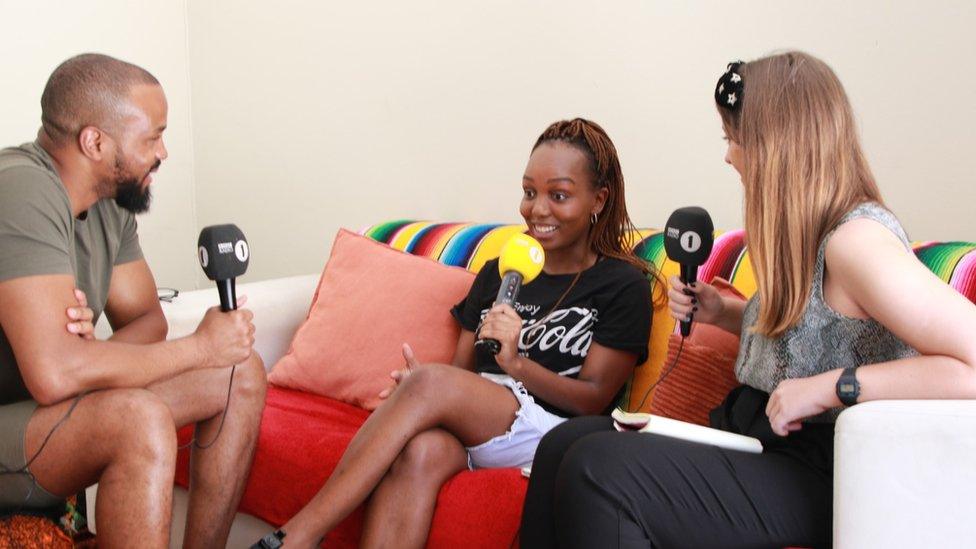
What does Pumla think her great-grandfather would make of his country today?
So what would Nelson Mandela make of 2020 South Africa?
"I know he wouldn't be 100% happy but I also know he predicted a lot of what is happening right now," says Pumla.
"He'd be unhappy with the level of unemployment, gender-based violence and the state of leadership in our country."
It's possibly for those reasons that social media debates about Mandela's legacy often fires up. There are those in South Africa who believe Nelson Mandela negotiated a deal to end apartheid which was too favourable for white people.
A lot of the debate is about owning land - the people who own private land remain largely white.
Pumla's home is littered with photos of her great-grandad. There's one with him and her when she was in primary school and there's another with her family and Michelle Obama.
She's missed out on some of those big moments though.
"My mum was very strict. I missed out on meeting a lot of people - like Beyonce. I will never actually forgive her for that one.
"I had school so she never wanted to take me out of school."
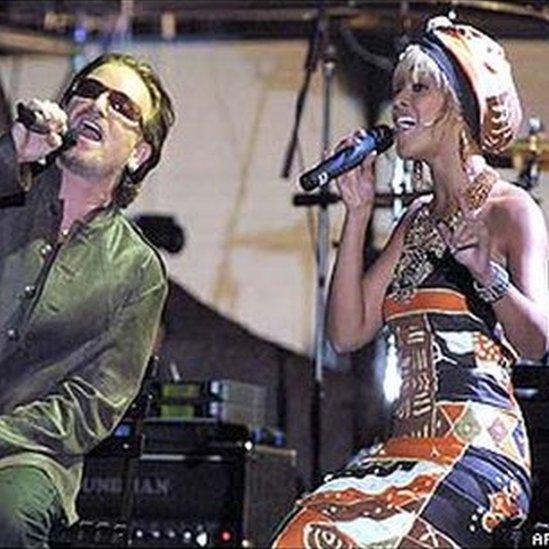
Beyonce performed at an AIDS awareness concert organised by Mandela in 2003
As for now, Pumla has a job working for a tech start-up company in Johannesburg.
"There's a responsibility for anyone coming from any family to continue the legacy but I have enough family members already doing that which takes the pressure off me to feel like I have to do something.
"But I am doing something because it's just in my own nature.
"The family name has opened a lot of doors for me but I have to work even harder than normal as I have to prove I didn't get here just because of my surname."


Follow Newsbeat on Instagram, external, Facebook, external, Twitter, external and YouTube, external.
Listen to Newsbeat live at 12:45 and 17:45 weekdays - or listen back here.
- Published13 January 2020
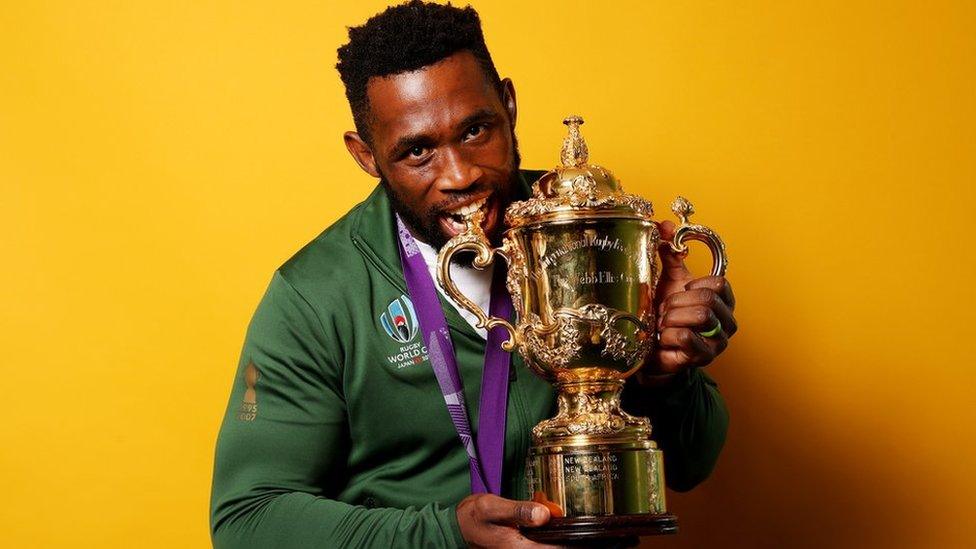
- Published16 January 2020
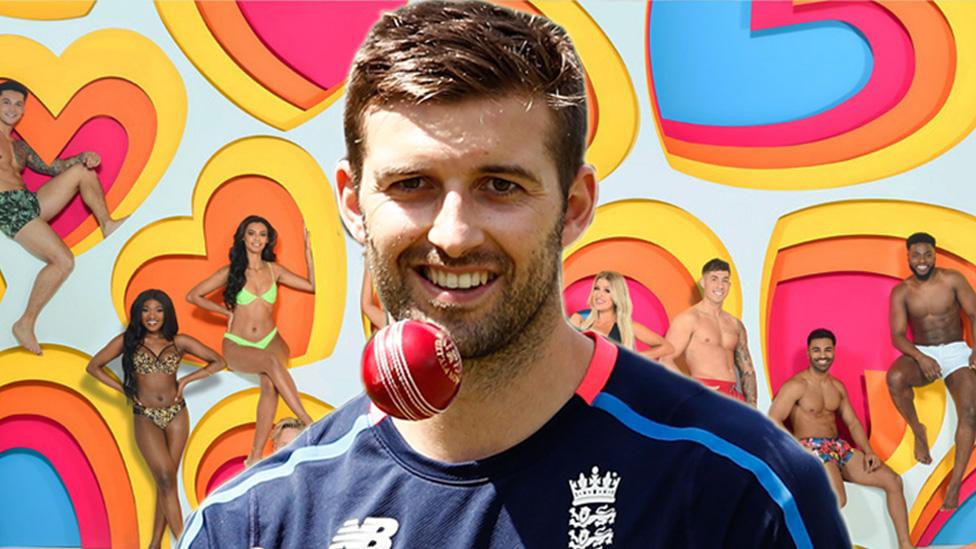
- Published14 January 2020
